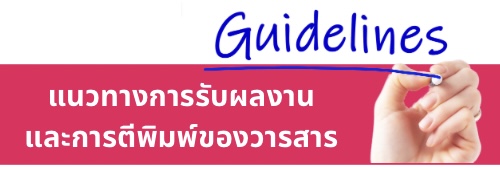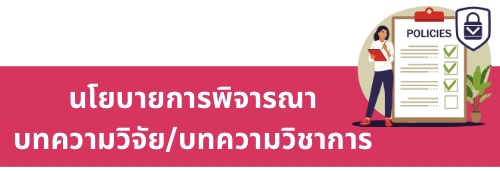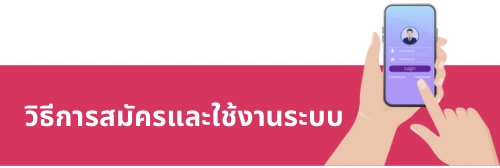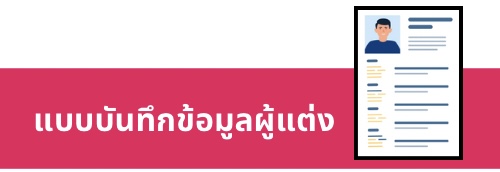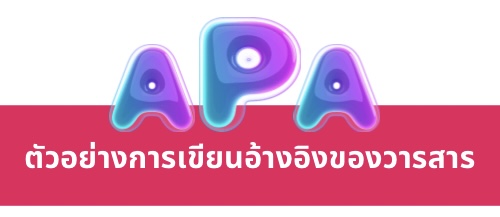ผลของโปรแกรมการจัดการเรียนรู้แบบผสมผสานต่อความรู้ เจตคติ การรับรู้ความสามารถในตน และความสามารถในการปฏิบัติการพยาบาลอนามัยชุมชนของ นักศึกษาพยาบาล สถาบันการพยาบาลศรีสวรินทิรา สภากาชาดไทย
คำสำคัญ:
การเรียนการสอนแบบผสมผสาน, การปฏิบัติการพยาบาลอนามัยชุมชน, นักศึกษาพยาบาลบทคัดย่อ
การวิจัยนี้เป็นการวิจัยกึ่งทดลอง มีวัตถุประสงค์เพื่อศึกษาผลของโปรแกรมการจัดการเรียนรู้แบบผสมผสานต่อความรู้ เจตคติ การรับรู้ความสามารถในตน และความสามารถในการปฏิบัติการพยาบาลอนามัยชุมชนของนักศึกษาพยาบาลในระหว่างวันที่ 7 มีนาคม - 1 เมษายน พ.ศ. 2565 จำนวน 102 คน เครื่องมือที่ใช้ในการวิจัย คือ 1) แบบทดสอบความรู้การปฏิบัติการพยาบาลอนามัยชุมชน 2) แบบวัดเจตคติต่อการปฏิบัติการพยาบาลอนามัยชุมชน 3) แบบวัดความสามารถในตนต่อการปฏิบัติการพยาบาลอนามัยชุมชน 4) แบบวัดความสามารถในการปฏิบัติการพยาบาลอนามัยชุมชน 5) แบบสอบถามความคิดเห็นของนักศึกษาและอาจารย์ที่มีต่อโปรแกรม และ 6) โปรแกรมการจัดการเรียนรู้แบบผสมผสานรายวิชาปฏิบัติการพยาบาลอนามัยชุมชน ซึ่งผ่านการตรวจสอบความตรงเชิงเนื้อหาโดยผู้ทรงคุณวุฒิ 3 ท่าน และมีค่าความเที่ยงอยู่ในเกณฑ์ดี วิเคราะห์ข้อมูลด้วยสถิติบรรยายและ paired t-test
ผลการวิจัยพบว่านักศึกษาพยาบาลมีคะแนนเฉลี่ยความรู้ในการปฏิบัติการพยาบาลอนามัยชุมชนการรับรู้ความสามารถในตนต่อการปฏิบัติการพยาบาลอนามัยชุมชนและความสามารถในการปฏิบัติการพยาบาลอนามัยชุมชนเพิ่มขึ้นจากก่อนเข้าโปรแกรมอย่างมีนัยสำคัญทางสถิติที่ระดับ .05
ดังนั้น โปรแกรมการจัดการเรียนรู้แบบผสมผสานสามารถเพิ่มความรู้ การรับรู้ และความสามารถในการปฏิบัติการพยาบาลในรายวิชาการปฏิบัติการพยาบาลอนามัยชุมชนได้ และเป็นอีกทางเลือกในการนำไปจัดการเรียนการสอนรายวิชาปฏิบัติการพยาบาลในยุคปกติวิถีใหม่
Downloads
เอกสารอ้างอิง
Boelens, R., van Laer, S., De Wever, B., & Elen, J. (2015). Blended learning in adult education: Towards a definition of blended learning. Adult Learners Online. Retrieved from http://www.iwt-alo.be/wp-content/uploads/2015/08/01-Project-reportBlended-learning-in-adult-education-towards-a-definition-of-blended-learning.pdf
Carman, J. M. (2005). Blended learning design: Five key ingredients. Retrieved from http://facilitateadultlearning.pbworks.com/f/Blended_20Learning_20Design_1028.pdf
Department of Disease Control. (2022). COVID-19 confirmed case. Retrieved from https://ddc.moph.go.th/viralpneumonia/eng/index.php
Dziuban, C., Graham, C. R., Moskal, P. D., Norberg, A., & Sicilia, N. (2018). Blended learning: The new normal and emerging technologies. International Journal of Educational Technology in Higher Education, 15, 1-16. http://doi.org/10.1186/s41239-017-0087-5
Leidl, D. M., Ritchie, L., & Moslemi, N. (2020). Blended learning in undergraduate nursing education–A scoping review. Nurse Education Today, 86, 104318. http://doi.org/10.1016/j.nedt.2019.104318
Luangphituck, W., Noparoojjinda, S., Chompuming, W., & Poltana, P. (2020). Development of preparedness program for Praboromarajchanok Institute’s comprehensive examination in adult nursing with blended learning and simulation-based learning: A pilot study. Regional Health Promotion Center 9,14(34), 191-209.
Moon, H., & Hyun, H. S. (2019). Nursing students’ knowledge, attitude, self-efficacy in blended learning of cardiopulmonary resuscitation: A randomized controlled trial. BMC Medical Education, 19(1), 1-8. http://doi.org/10.1186/s12909-019-1848-8
Plemmons, C., Clark, M., & Feng, D. (2018). Comparing student clinical self-efficacy and team process outcomes for a DEU, blended, and traditional clinical setting: A quasi-experimental research study. Nurse Education Today, 62, 107-111.
Sáiz-Manzanares, M. C., Escolar-Llamazares, M. C., & Arnaiz González, Á. (2020). Effectiveness of blended learning in nursing education. International Journal of Environmental Research and Public Health, 17(5), 1589. https://doi.org/10.3390/ijerph17051589
Schwarzer, R., & Jerusalem, M. (1995). Generalized self-efficacy scale. In J. Weinman, S. Wright, & M. Johnston, Measures in health psychology: A user’s portfolio, Causal and control beliefs (pp.35-37). NFER-NELSON.
Thaewpia, S., Potchana, R., & Intaraphet, S. (2019) The impact of blended learning achievement, satisfaction, and self-directed learning in nursing students. Journal of Nursing Science & Health, 42(4), 121-131.
World Health Organization. (2022). Coronavirus disease (COVID-19) weekly epidemiological update and weekly operational update. Retrieved from https://www.who.int/emergencies/diseases/novel-coronavirus-2019/situation-reports
Yeom, G. J., Yang, J., Kim, J., & Kim, H. S. (2021). Development and effects of a mechanical ventilation education program with blended learning for nursing students. Journal of Korean Academy of Fundamentals of Nursing, 28(3), 361-371. https://doi.org/10.7739/jkafn.2021.28.3.361

ดาวน์โหลด
เผยแพร่แล้ว
รูปแบบการอ้างอิง
ฉบับ
ประเภทบทความ
สัญญาอนุญาต
ลิขสิทธิ์ (c) 2023 วารสารพยาบาลตำรวจ

อนุญาตภายใต้เงื่อนไข Creative Commons Attribution-NonCommercial-NoDerivatives 4.0 International License.
ผลงานที่ได้ตีพิมพ์แล้วจะเป็นลิขสิทธิ์ของวารสารพยาบาลตำรวจ

